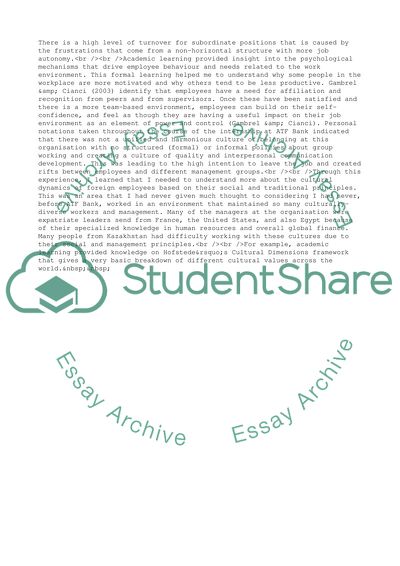Cite this document
(Undergoing an Internship at ATF Bank Kazakhstan Case Study - 1, n.d.)
Undergoing an Internship at ATF Bank Kazakhstan Case Study - 1. https://studentshare.org/management/1753993-internship-portfolio
Undergoing an Internship at ATF Bank Kazakhstan Case Study - 1. https://studentshare.org/management/1753993-internship-portfolio
(Undergoing an Internship at ATF Bank Kazakhstan Case Study - 1)
Undergoing an Internship at ATF Bank Kazakhstan Case Study - 1. https://studentshare.org/management/1753993-internship-portfolio.
Undergoing an Internship at ATF Bank Kazakhstan Case Study - 1. https://studentshare.org/management/1753993-internship-portfolio.
“Undergoing an Internship at ATF Bank Kazakhstan Case Study - 1”. https://studentshare.org/management/1753993-internship-portfolio.


